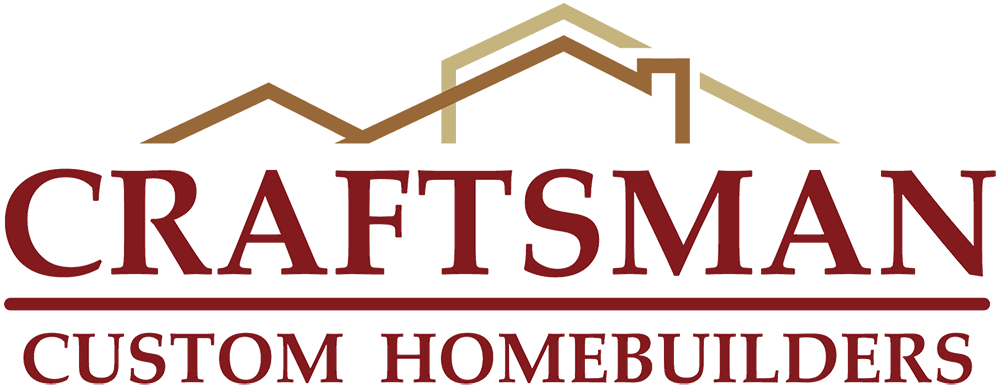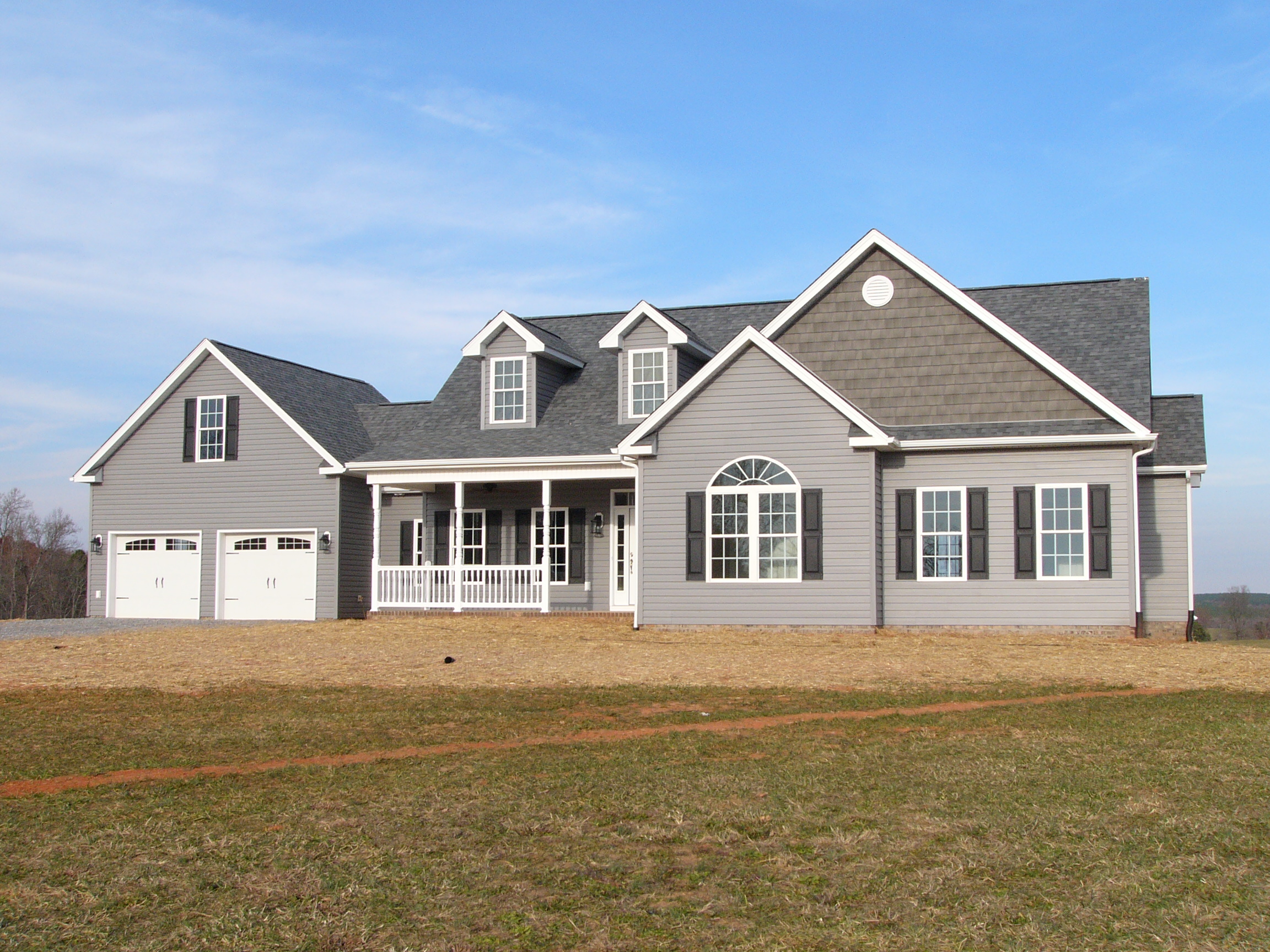A shell can be a great option for those wanting to build a custom home, who are able to take on responsibility for some of the interior work. This can reduce the initial cost considerably and allow the home to move towards completion on your own timeline. Many individuals have skills themselves or access to friends and family who do. A shell can also allow you more freedom with the interior design features of your home. The biggest challenge is financing. While obtaining it for a shell home is not impossible, it can be more difficult, with the requirements varying from lender to lender. Read on to learn more.
What areas of the home are typically included in a shell?
A shell home typically includes everything needed to build a free-standing, weather-proof structure protected from the elements.
Items typically included in a shell home:
Earthwork: the hole for the foundation and the grading around the house for proper drainage and to make way for a walk-out basement, if part of the design.
Footers and Foundation: the pouring of the footers and the foundation, as well as any drains and rough-in plumbing
Framing: all of the home’s framing, including any support structures such as floor joists and roof trusses, as well as floor assemblies, subflooring, exterior and interior walls, and stairways. Your builder can also provide plumbing and electrical rough-ins.
Flues and Chimneys: any flues or chimneys that are part of the plans are constructed.
Doors and Windows: any exterior doors and windows, including the garage doors.
Exterior finish: the exterior is finished with the chosen material such as siding or brick, including the underlayment and sheathing underneath it.
Roof: the framing of the roof, the underlayment and shingles or metal.
All the items above are what is necessary to create the weather-proof shell, which can then be finished.
What is not included in a shell?
Typically a shell will not include any plumbing, electrical or interior finish work. This is where you take over, purchasing your own materials and completing the home yourself.
Plumbing and electrical: depending on whether you elected to have the builder rough these in or not, the work may be extensive, or confined to simply installing items such as outlets and ceiling boxes for lights, installing the light fixtures and light switches, and selecting and installing the sinks, toilets and vanities.
Fixtures: the home will come without any interior fixtures, including outlet covers, light switches, light fixtures, and ceiling fans, giving you the freedom to choose exactly what you want.
Interior finish work: the shell will need drywall, including mudding and painting it, as well as the finish carpentry work such as installing baseboard, door and window casings, crown moldings and other trim.
Flooring: the home will have all floor assemblies and subflooring as part of the shell, but will need the finished flooring such as carpet, hardwood, laminate, or tile.
Kitchens and bathrooms: depending on your agreement with the builder, the plumbing can be roughed in for these, but the other necessary items such as tile showers, tub/shower inserts, toilets, vanities, sinks, and cabinetry would need to be purchased and installed.
HVAC: shell homes do not typically come with the HVAC system installed.
Most builders are willing to take on shell projects and are typically quite flexible with the items you want to be completed, although they will likely want to complete the shell before allowing you or your own contractors, or friends and family, to begin the work that comes next. This is because the builder, as the general contractor, could be held liable for anything that happens while the job site is considered theirs.
Can a shell home be financed?
Most people who choose the shell route are financing the project themselves with cash. This allows them the freedom to complete the home themselves, no questions asked, as long as all work has been permitted and completed according to the local building codes.
For those who need financing, they’ll likely face increased scrutiny from their prospective lender. The lender will want to see a well-detailed plan and a comprehensive list of construction details and building materials. You’ll need to convince the underwriters that the project is realistic and that you have the ability to complete it. If you have your own land, using it as collateral may help the bank with its decision. Some financial institutions do offer loans for self-builds, but their availability and their requirements vary greatly from one lender to the next.
Is a shell right for you?
In certain scenarios, a shell build can be a great option, particularly when financing is not necessary and you’re able to maintain your primary residence while finishing construction. The builder can do the heavy lifting for you and then hand off the project for you to complete. This gives you the freedom to really customize the interior, sometimes save money, and have the chance to take ownership in the process of helping build your own home.
At Craftsman Homes, we have built shells for a number of customers. If this is how you’d like to make your new home a reality, we can work with you to make it happen. Please reach out anytime for more information.
Additional Articles
Cost saving tips for building and financing a custom home
Building & financing a custom home can be confusing even under the best economic conditions. Throw in rising rates, labor shortages & sustained supply chain challenges & the task grows in difficulty & cost. Thankfully, there are things you can do to help ensure a smooth process & a cost that is as economical as possible.
Read moreSpring 2022 Homebuilding Update
As we enter the 2022 spring homebuilding season, we enter with significant uncertainty. While new construction both locally and nationally has reached its highest level since 2006, challenges remain. If you’re looking to start building your home this year, there are several important factors that you should consider in that decision.
Read moreHow to choose a good building lot
Choosing the right building lot is one of the most important aspects of building a custom home and is something that can have a significant effect on your budget. This article will go over some of the key considerations for selecting a lot, some of the major risks and ways to mitigate them.
Read more
